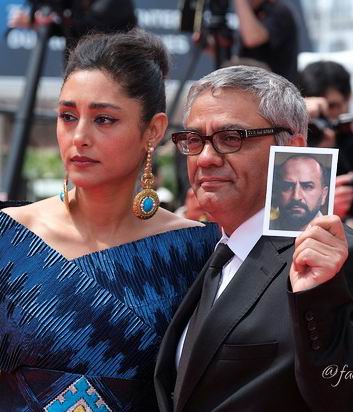|
|
| Welcome to Online Film Home! |
|---|
|
|
Strike - Stachka (1925)
|
Synopsis
Trying out new ideas made famous in Battleship Potemkin, Strike tells of the suppression of a factory strike by Tsarist Cossacks and hacked a revolutionary aesthetic out of space and time. Abandoning conventional storytelling in favour of the broad chronicle, Strike taps into the Soviet experiment even as it happens.
In 1922, Lenin had said that, ”…of all of the arts, for us the cinema was the most important.” In 1924, the Proletkult offered Eisenstein, then 26 years of age, the job of directing the first of eight episodes in the film series Towards the Dictatorship.
This brilliant and complex re-creation of the development of a 1912 factory strike in Tsarist Russia, and its savage destruction by agents provocateurs, police and mounted troops, was an ideal vehicle for the youthful Eisenstein to express his desire to reflect the dialectic of the Russian revolution in the most comprehensive of art forms.
Eisenstein had been developing the Kuloshov’s ‘montage’ effect in editing and in this, his first film, he uses it with tremendous skill to enhance symbolism and achieve highly charged emotional responses to the strength, energy and heroism of the working classes and the tragic events depicted.
Strike is truly a visual and technical masterpiece which is, at times, overwhelming in its powerful portrayal of these events in history. Strike was the only film ever made in the series and it changed the direction of the Soviet cinema for many decades to come.
Cast: Maksim Shtraukh, Grigori Aleksandrov, Mikhail Gomorov, I. Ivanov, Ivan Klyukvin
|
|

About this movie
Title: Strike - Stachka (1925)
Directed by: Sergei Eisenstein
Date of birth: 23 January 1898, Riga, Russia
Date of death: 11 February 1948, Moscow, Russia
Writing credits: Grigori Aleksandrov, Sergei Eisenstein, Ilya Kravchunovsky, Valeryan Pletnyov
Year: 1925
Country: Soviet Union
Language: Silent film
Color: Black & White
Runtime: 82 min.
Search
|
|
|
|
|

Cannes 2024 |
Choose an item to go there!
|
| |
|
|

